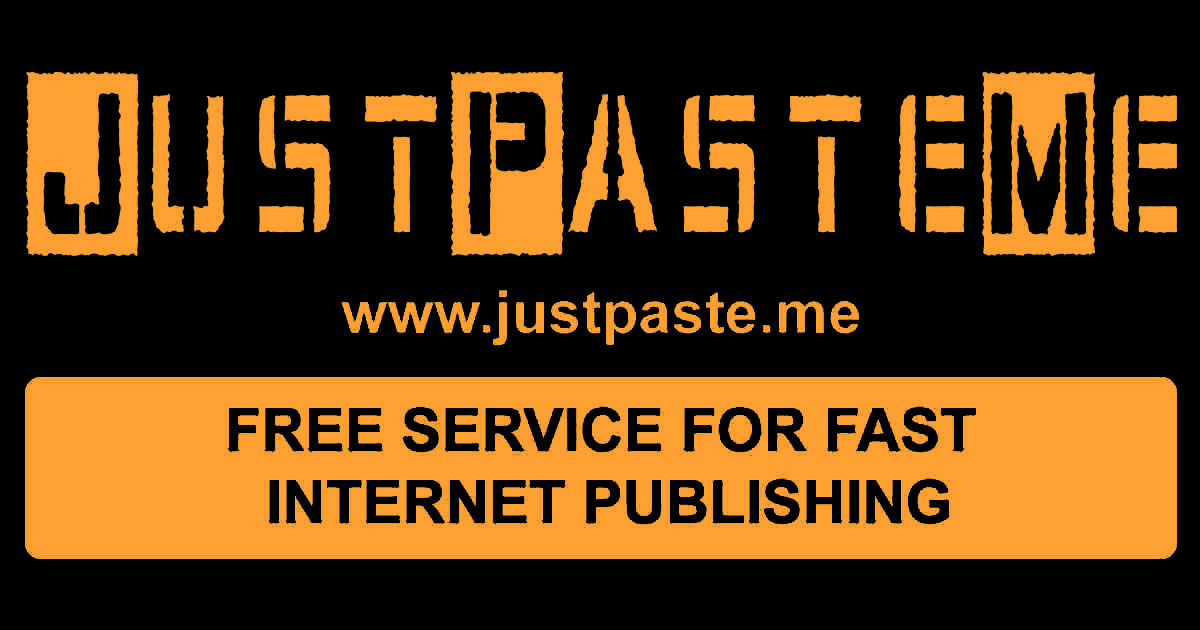AI in Cancer Diagnostics Market is set for a Potential Growth Worldwide: Excellent Technology Trends with Business Analysis
AI in Cancer Diagnostics Market Overview
Artificial Intelligence (AI) in most cancers diagnostics is remodeling the manner cancers are detected, analyzed, and managed. Leveraging system learning, deep learning, and picture popularity technologies, AI structures can unexpectedly and correctly examine scientific imaging, pathology slides, and genomic records to perceive cancerous patterns. This hurries up diagnosis, reduces human error, and permits early detection, enhancing affected person outcomes. AI additionally performs a essential function in predictive analytics and customized remedy planning. As most cancers instances upward thrust globally and healthcare structures are seeking for green diagnostic tools, AI-powered solutions are gaining.
Global AI in Cancer Diagnostics Market size was valued at USD 287.6 million in 2024 and is expected to grow at a CAGR of 23.4% during the forecast period of 2025 to 2033.
Free Sample Report + All Related Graphs & Charts @
https://foreclaroglobalresearch.com/research-report/global-ai-in-cancer-diagnostics-market/sample
Foreclaro Global Research published a new research publication on Global AI in Cancer Diagnostics Market, offers a detailed overview of the factors influencing the global business scope. AI in Cancer Diagnostics Market research report shows the latest market insights, current situation analysis with upcoming trends and breakdown of the products and services. The report provides key statistics on the market status, size, share, growth factors of the AI in Cancer Diagnostics
Top Players
IBM Watson Health, Google Health (DeepMind), Microsoft (InnerEye), Siemens Healthineers, GE Healthcare, PathAI, Tempus Labs, Flatiron Health, Hologic, Inc., Butterfly Network, Inc.
The Global AI in Cancer Diagnostics Market segments and Market Data Break Down are illuminated below:
By Technology (Machine Learning (ML) {Supervised Learning, Unsupervised Learning, Deep Learning}, Natural Language Processing (NLP), Computer Vision), By Cancer Type (Breast Cancer, Lung Cancer, Prostate Cancer, Colorectal Cancer, Blood Cancers), By Diagnostic Tool (Radiology Imaging, Pathology, Genomics & Biomarker Analysis, Endoscopy), By End User (Hospitals & Diagnostic Centers, Research Institutes, Pharmaceutical Companies)
Recent Developments
• In December 2024, Sheba Medical Center’s ARC Innovation partnered with Roche to integrate AI algorithms into Roche’s navify® digital pathology platform for non-small cell lung cancer (NSCLC). This joint initiative aims to streamline molecular marker detection and enhance diagnostic precision and speed.
• In May 2024, South Korea’s Lunit acquired Volpara Health Technologies for approximately KRW 264.7 billion (~USD 191 million). This enhances its breast cancer detection AI suite and expands data resources for autonomous screening models, with ambitions to roll out in developing regions.
Region Included are: North America, Europe, Asia Pacific, Oceania, South America, Middle East & Africa
Country Level Break-Up: United States, Canada, Mexico, Brazil, Argentina, Colombia, Chile, South Africa, Nigeria, Tunisia, Morocco, Germany, United Kingdom (UK), the Netherlands, Spain, Italy, Belgium, Austria, Turkey, Russia, France, Poland, Israel, United Arab Emirates, Qatar, Saudi Arabia, China, Japan, Taiwan, South Korea, Singapore, India, Australia and New Zealand etc.
Enquire for Customization in Report @:
https://foreclaroglobalresearch.com/research-report/global-ai-in-cancer-diagnostics-market/enquiry
AI in Cancer Diagnostics Market is set for a Potential Growth Worldwide: Excellent Technology Trends with Business Analysis
AI in Cancer Diagnostics Market Overview
Artificial Intelligence (AI) in most cancers diagnostics is remodeling the manner cancers are detected, analyzed, and managed. Leveraging system learning, deep learning, and picture popularity technologies, AI structures can unexpectedly and correctly examine scientific imaging, pathology slides, and genomic records to perceive cancerous patterns. This hurries up diagnosis, reduces human error, and permits early detection, enhancing affected person outcomes. AI additionally performs a essential function in predictive analytics and customized remedy planning. As most cancers instances upward thrust globally and healthcare structures are seeking for green diagnostic tools, AI-powered solutions are gaining.
Global AI in Cancer Diagnostics Market size was valued at USD 287.6 million in 2024 and is expected to grow at a CAGR of 23.4% during the forecast period of 2025 to 2033.
Free Sample Report + All Related Graphs & Charts @ https://foreclaroglobalresearch.com/research-report/global-ai-in-cancer-diagnostics-market/sample
Foreclaro Global Research published a new research publication on Global AI in Cancer Diagnostics Market, offers a detailed overview of the factors influencing the global business scope. AI in Cancer Diagnostics Market research report shows the latest market insights, current situation analysis with upcoming trends and breakdown of the products and services. The report provides key statistics on the market status, size, share, growth factors of the AI in Cancer Diagnostics
Top Players
IBM Watson Health, Google Health (DeepMind), Microsoft (InnerEye), Siemens Healthineers, GE Healthcare, PathAI, Tempus Labs, Flatiron Health, Hologic, Inc., Butterfly Network, Inc.
The Global AI in Cancer Diagnostics Market segments and Market Data Break Down are illuminated below:
By Technology (Machine Learning (ML) {Supervised Learning, Unsupervised Learning, Deep Learning}, Natural Language Processing (NLP), Computer Vision), By Cancer Type (Breast Cancer, Lung Cancer, Prostate Cancer, Colorectal Cancer, Blood Cancers), By Diagnostic Tool (Radiology Imaging, Pathology, Genomics & Biomarker Analysis, Endoscopy), By End User (Hospitals & Diagnostic Centers, Research Institutes, Pharmaceutical Companies)
Recent Developments
• In December 2024, Sheba Medical Center’s ARC Innovation partnered with Roche to integrate AI algorithms into Roche’s navify® digital pathology platform for non-small cell lung cancer (NSCLC). This joint initiative aims to streamline molecular marker detection and enhance diagnostic precision and speed.
• In May 2024, South Korea’s Lunit acquired Volpara Health Technologies for approximately KRW 264.7 billion (~USD 191 million). This enhances its breast cancer detection AI suite and expands data resources for autonomous screening models, with ambitions to roll out in developing regions.
Region Included are: North America, Europe, Asia Pacific, Oceania, South America, Middle East & Africa
Country Level Break-Up: United States, Canada, Mexico, Brazil, Argentina, Colombia, Chile, South Africa, Nigeria, Tunisia, Morocco, Germany, United Kingdom (UK), the Netherlands, Spain, Italy, Belgium, Austria, Turkey, Russia, France, Poland, Israel, United Arab Emirates, Qatar, Saudi Arabia, China, Japan, Taiwan, South Korea, Singapore, India, Australia and New Zealand etc.
Enquire for Customization in Report @: https://foreclaroglobalresearch.com/research-report/global-ai-in-cancer-diagnostics-market/enquiry









